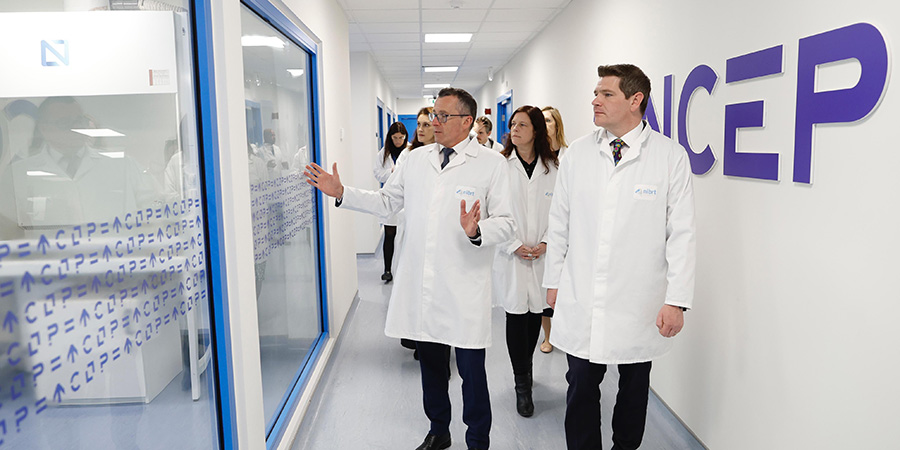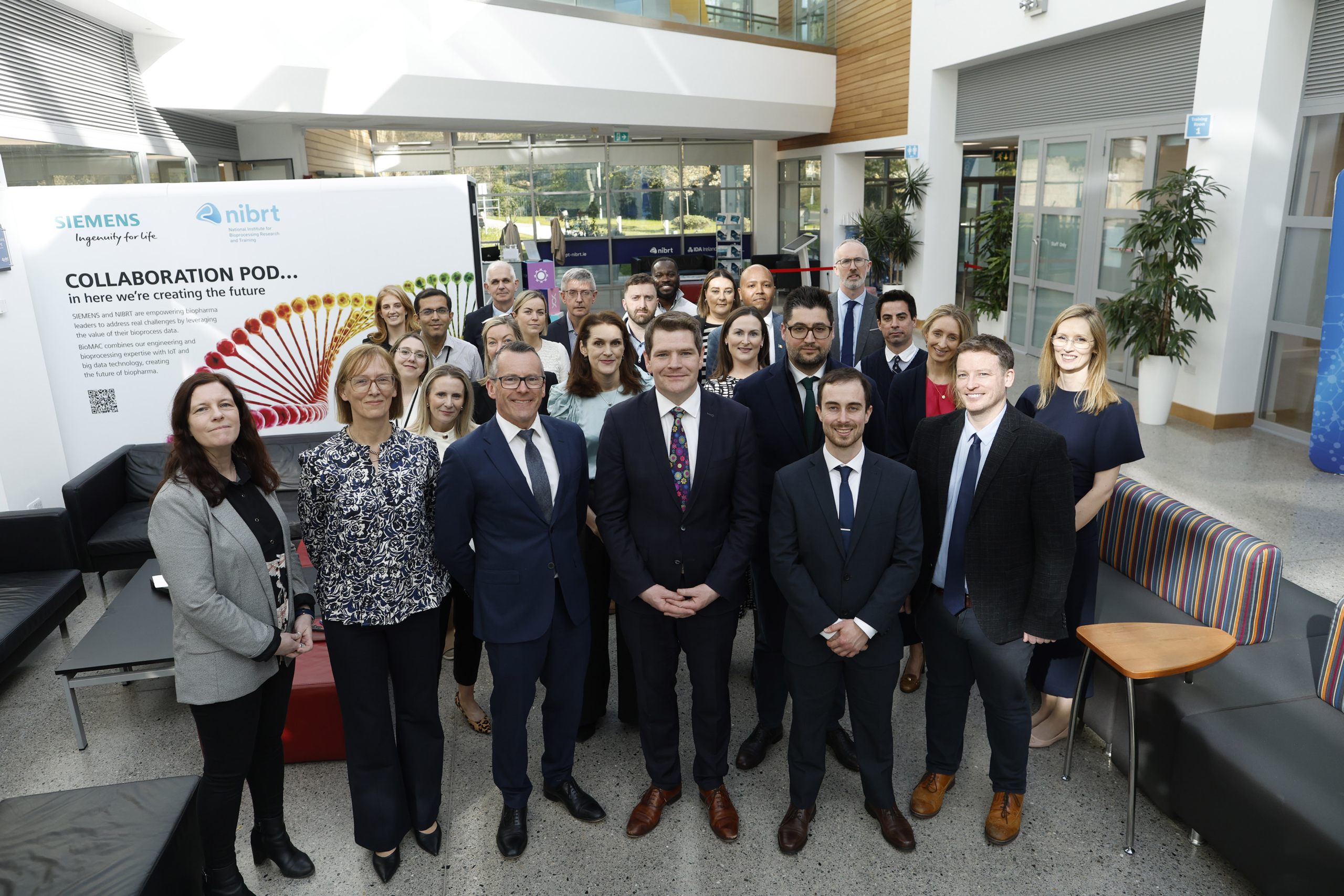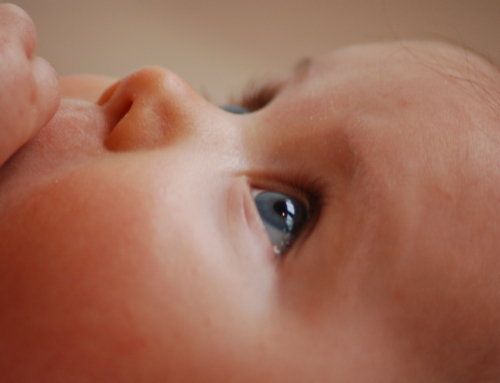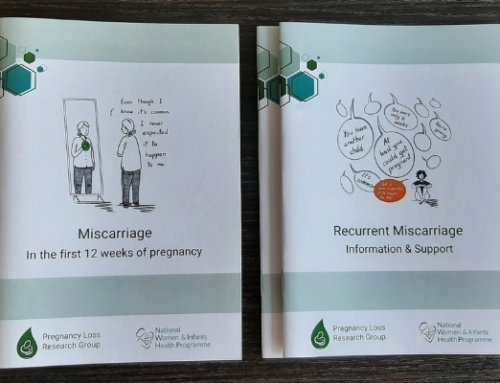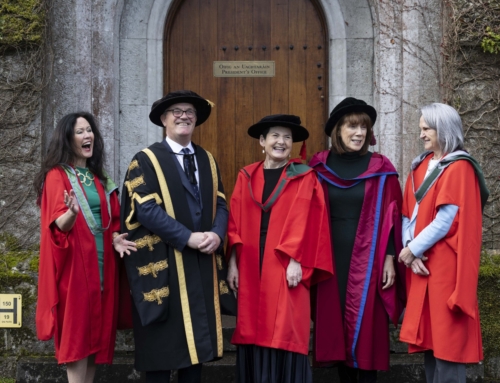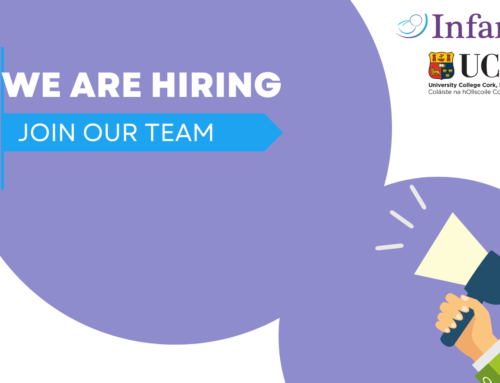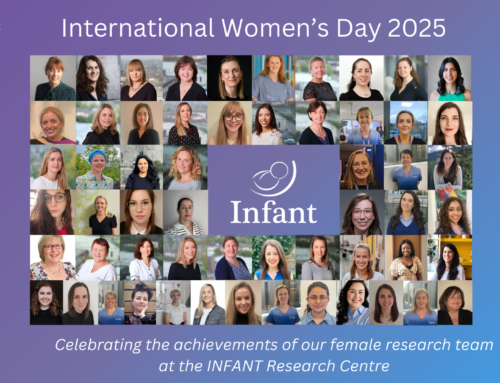University College Cork’s INFANT Research Centre forms part of the CanVas consortium which has recieved a €10.7M non-dilutive grant from the Disruptive Technology Innovation Fund (DTIF). The grant will help develop one of the first ever therapeutics for early brain injury by advancing CanVas-001 to clinic. CanVas is led by HAON Life Sciences, a leading cell therapy biotech.
Announced by Minister for Enterprise, Tourism and Employment, Peter Burke, and Minister for Further and Higher Education, Research, Innovation and Science, James Lawless : Minister Burke announces €17 million for innovative cancer and neonatal treatments – DETE
CanVas-001 is an allogeneic investigational product containing two placentally sourced cell types; ECFC (Endothelial Colony Forming Cells) and MSC (Mesenchymal Stromal Cells). CanVas-001 has demonstrated significant therapeutic benefit in large animal preclinical models of early brain injury. The CanVas platform is also developing drug candidates for adult neurodegenerative diseases.
The lead indication is Hypoxic Ischemic Encephalopathy (HIE), a devastating rare disease occurring when a baby’s brain does not receive enough oxygen or blood flow just before or shortly after birth. It is the principal cause of infant mortality and long-term neurologic disability, including accounting for a fifth of all cerebral palsy cases.
The CanVas consortium is a multidisciplinary team of experts, made up of the National Institute for Bioprocessing Research and Training (NIBRT) who will carry out analytical development, Hi-Tech Health who will facilitate development and manufacture of CanVas-001 for clinic and University College Cork’s INFANT Research Centre, who will provide clinical development expertise in early brain injury and in particular, neonatal HIE. The consortium is led by HAON Life Sciences.
UCC’s INFANT Research Centre will lead the clinical development of the CanVas project bringing extensive expertise in newborn brain injury and supported by in4kids, the HRB Irish Network for Children’s Clinical trials. INFANT will be responsible for the recruitment of healthy mothers interested in taking part in the study. The INFANT team led by Prof Deirdre Murray will design a Phase 1b clinical study of CanVas 001 in HIE neonates which will be ready to start at the end of this project in 2028. The Phase 1b study will be the first-in-human clinical trial of the therapy which aims to decrease the risk of Cerebral Palsy and disability following newborn brain injury.
In4kids is a key partner in the pan-European conect4children clinical trials network which provides access to international clinical trial sites and expertise. INFANT offers a unique multidisciplinary team and deep clinical research experience essential to the CanVas project.
Professor Geraldine Boylan, Director of the INFANT Research Centre at UCC, said: “We are thrilled the CanVas project has received a DTIF grant to advance new class of cell therapy to clinic for early brain injury. This partnership between INFANT, HAON, NIBRT, HIH combines world-class research and industry expertise all working together to improve outcomes for neonates and their families. This funding by the Government is a very positive and welcome investment in children’s health research.”
Notes:
About the INFANT Research Centre, UCC:
The Irish Centre for Maternal and Child Health (INFANT), hosted at University College Cork, is the hub of world-leading research and innovation, working to provide better outcomes in pregnancy, birth and early childhood.
The Disruptive Technologies Innovation Fund (DTIF) is a €500 million challenge-based fund established under Project Ireland 2040. The objective of DTIF is invest in the development and deployment of disruptive technologies and applications on a commercial basis, driving collaboration between Ireland’s research base and industry to foster economic growth and innovation.
It is managed by the Department of Enterprise, Trade and Employment and administered by Enterprise Ireland.
Hypoxic Ischemic Encephalopathy (HIE), a devastating rare disease occurring when a baby’s brain does not receive enough oxygen or blood flow just before or shortly after birth. It is a leading cause of infant mortality and long-term neurologic disability including accounting for a fifth of all cerebral palsy cases.
It is estimated one to three in every 1,000 births in Europe and the United States will be impacted by HIE resulting in 30,000 babies affected in these regions, each year. The incidence is far higher in low incomes countries with an estimate 1 million babies affected annually.


